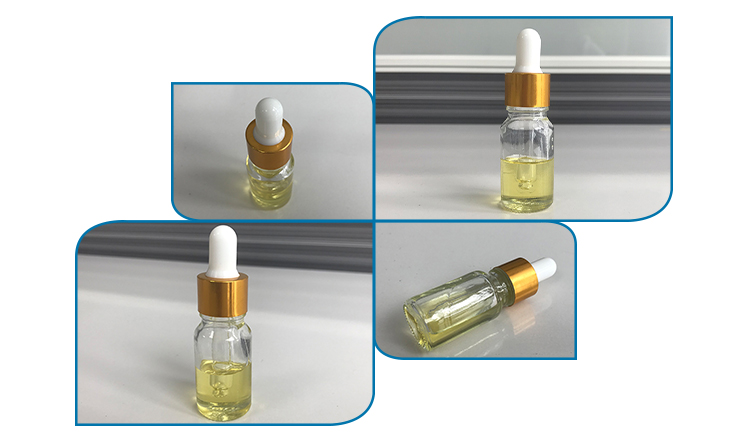DHA algal oil is derived from algae and is a rich source of omega-3 fatty acids, particularly DHA. DHA is an essential fatty acid that plays a crucial role in various physiological functions, particularly in the development and maintenance of the brain, eyes, and cardiovascular system. Algal oil has gained attention as a sustainable and vegan-friendly alternative to traditional fish oil, which is another common source of omega-3 fatty acids.
Here is a comprehensive overview of the research on DHA algal oil:
1.Source and Production:
DHA algal oil is extracted from certain strains of microalgae, which are the primary producers of omega-3 fatty acids in the marine food chain.
The production of algal oil involves cultivating these microalgae in controlled environments and then extracting the oil.

2.Nutritional Composition:
DHA algal oil is known for its high concentration of DHA, which is an omega-3 fatty acid crucial for brain health and development.
Algal oil is often considered a complete source of omega-3s as it also contains small amounts of eicosapentaenoic acid (EPA).
3.Health Benefits:
Brain Health: DHA is a major component of the brain, and research suggests that adequate intake may support cognitive function and reduce the risk of neurodegenerative diseases.
Cardiovascular Health: Omega-3 fatty acids, including DHA, have been associated with a lower risk of cardiovascular diseases by helping to lower blood triglycerides and improve heart health.
Eye Health: DHA is a structural component of the retina, and sufficient intake may contribute to maintaining good vision and reducing the risk of age-related macular degeneration.
4.Pregnancy and Infant Development:
DHA is especially important during pregnancy for fetal brain and eye development. Research indicates that maternal supplementation with DHA may positively impact infant cognitive and visual function.
5.Vegan and Sustainable Alternative:
Algal oil provides a plant-based and sustainable source of DHA for individuals who follow a vegetarian or vegan diet.
It avoids concerns related to overfishing, contamination in fish, and the environmental impact associated with traditional fish oil production.
6.Bioavailability and Absorption:
Research has suggested that DHA from algal oil is as effective as DHA from fish oil in raising blood levels of DHA, indicating good bioavailability.

7.Safety and Side Effects:
Algal oil is generally considered safe, and side effects are minimal. It is free from the risk of contamination with heavy metals or pollutants commonly found in some fish.
8.Regulatory Status:
DHA algal oil is often included in dietary supplements and fortified foods. It has gained regulatory approval from various health agencies.
In conclusion, research on DHA algal oil indicates its effectiveness in providing essential omega-3 fatty acids, especially DHA, for various health benefits. It serves as a sustainable and vegan-friendly alternative to traditional marine-based sources. However, as with any supplement, it’s essential to consult with a healthcare professional before adding it to your diet, especially if you have pre-existing health conditions or are pregnant.
